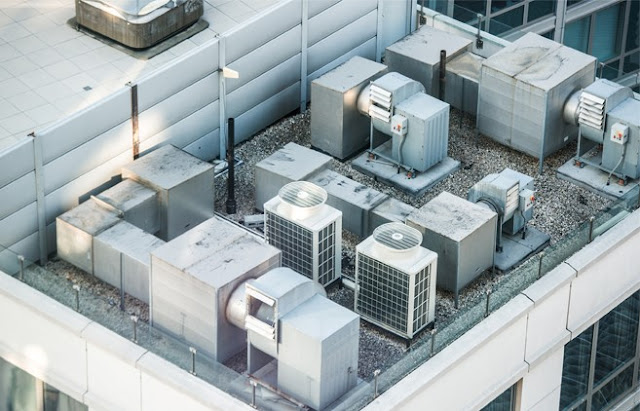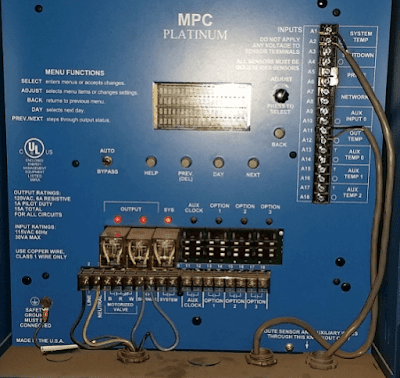Zone Control Systems for Apartment Buildings and Office Complex HVAC Systems

As a commercial HVAC company in NJ , we talk a lot about energy efficiency with our clients – and it’s not difficult to see why. Energy use is one of the most significant running costs of a commercial building, with HVAC systems accounting for a seriously large portion of that bill, especially during cold New Jersey winters. One of the solutions suggested by our team of commercial ventilation systems specialists is investing in zone control systems. Benefits of HVAC Zone Control Systems Firstly, it is important to emphasize that ensuring a comfortable flow of fresh, clean air at the right temperature is non-negotiable for apartment buildings, office complexes, hotels, and other commercial buildings. So, it is essential to invest in a quality commercial HVAC system as well as a professional preventative maintenance program. In the past, commercial HVAC systems were very limited in their customizability, with many commercial buildings having just one thermostat and one HVAC s...




